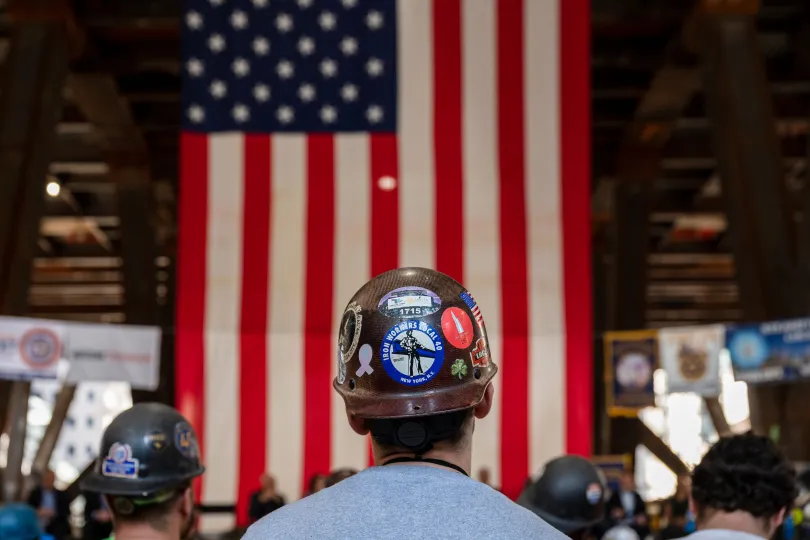Local Unions sue consulting giant for opioid crisis money
The lawsuit against McKinsey & Co. was filed on behalf of the health and welfare funds of dozens of construction trade and other unions.

 This article was originally published on by THE CITY
This article was originally published on by THE CITY
A group of union health funds this week sued global consulting firm McKinsey & Co. for its role in the opioid crisis — claiming they’ve spent so much money on members’ prescriptions and treatment for addiction that they’ve had to tap into pension funds to cover those costs.
The lawsuit was filed Tuesday in Queens Supreme Court on behalf of 50 local health and welfare funds covering dozens of construction trade and other unions, including ironworkers, laborers, metal polishers, and the union representing NYPD traffic enforcement agents.

Brooklyn Boro
View MoreNew York City’s most populous borough, Brooklyn, is home to nearly 2.6 million residents. If Brooklyn were an independent city it would be the fourth largest city in the United States. While Brooklyn has become the epitome of ‘cool and hip’ in recent years, for those that were born here, raised families here and improved communities over the years, Brooklyn has never been ‘uncool’.